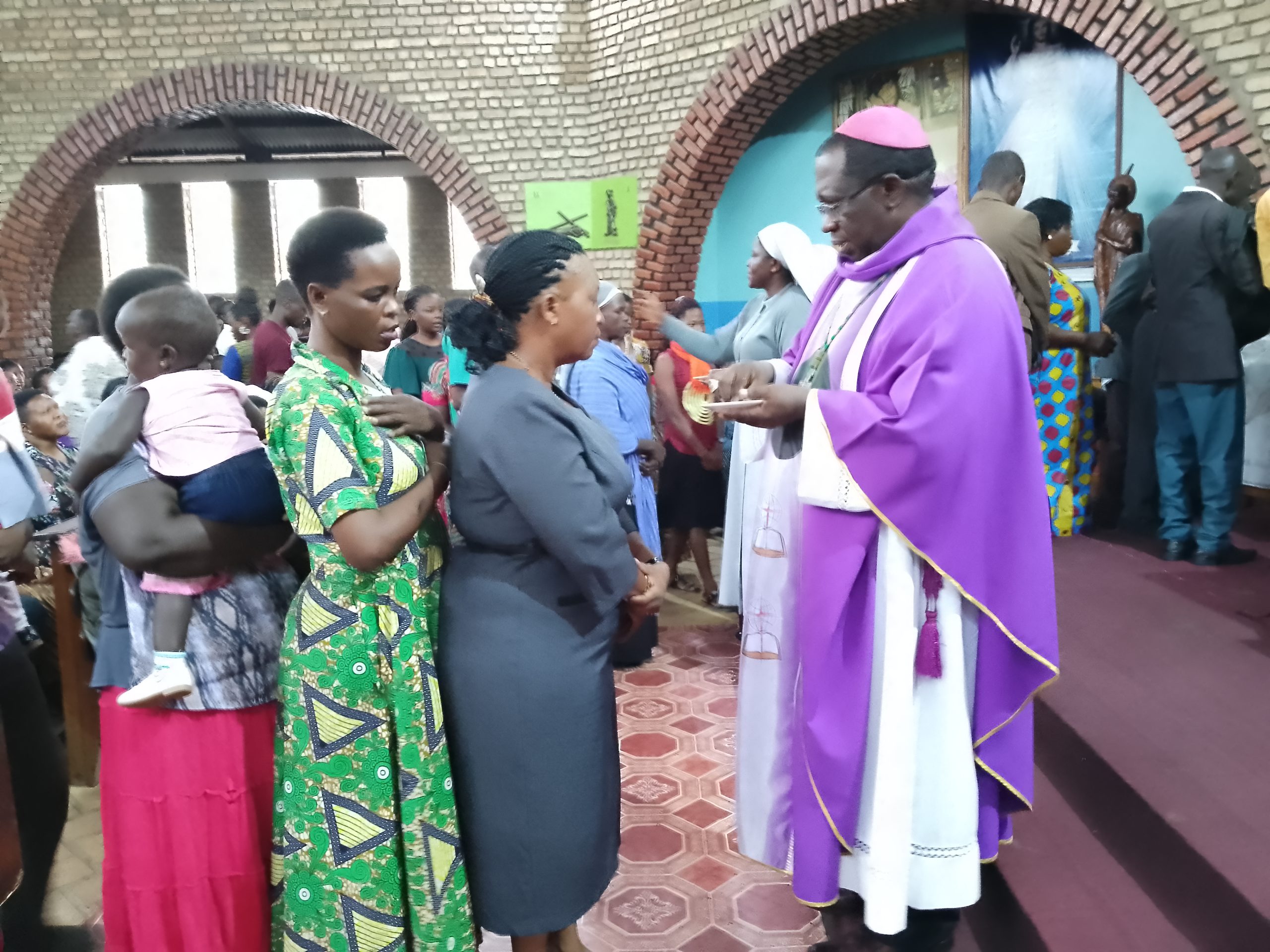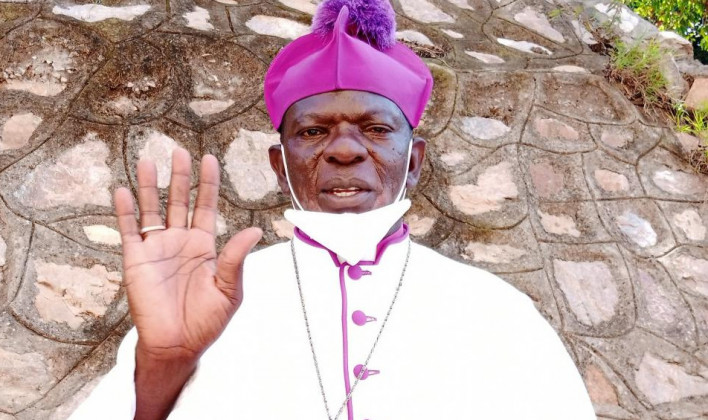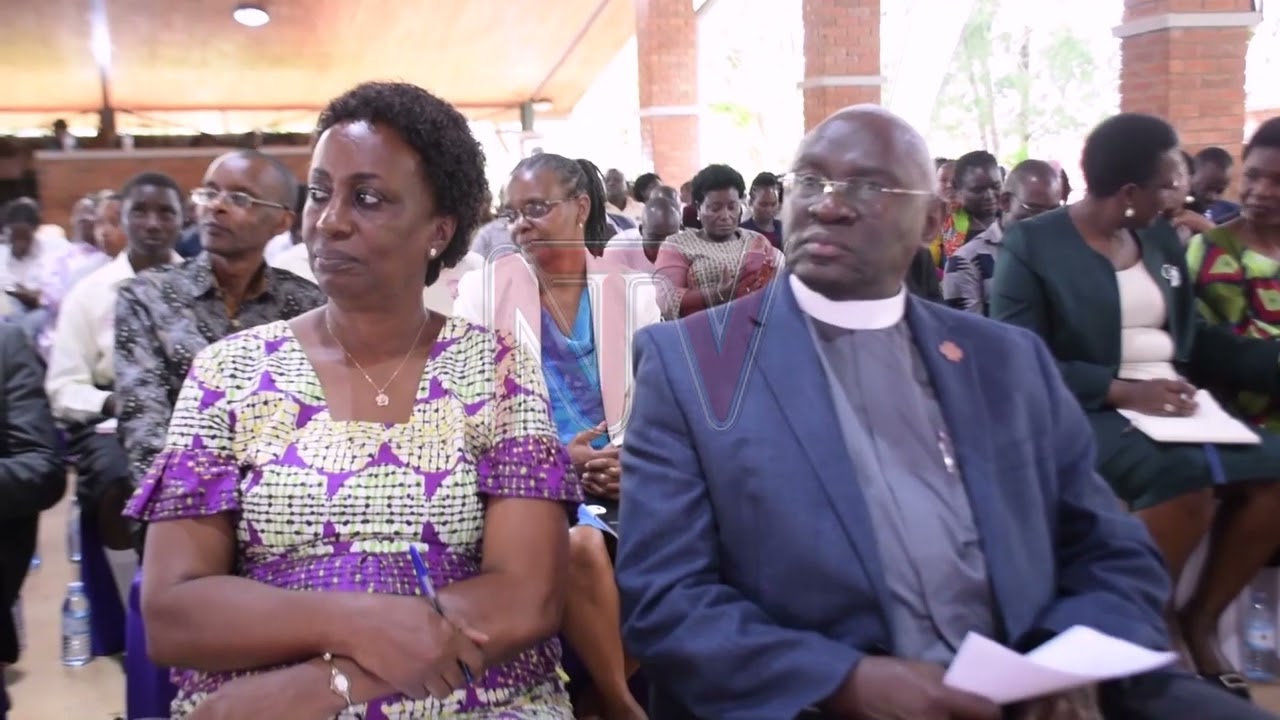Christians around the world are currently observing Lent, a 40-day period leading up to Easter. This season is marked by three main practices: prayer, fasting, and almsgiving.
During Lent, Christians are encouraged to intensify their prayers and engage in acts of charity. Fasting, the voluntary abstention from certain foods or activities, is also a significant aspect of this period.
While fasting is commonly associated with refraining from food, it can also take on different forms. Archbishop Paul Ssemogerere highlights the importance of fasting and charity, particularly for students.
According to Catholic law, certain groups, including children and the elderly, are exempt from fasting. This exemption extends to students and individuals facing health issues. However, despite this exemption, Archbishop Ssemogerere emphasizes the value of non-monetary acts of charity for students.
He suggests that students can contribute to charity through their talents and abilities. For example, those proficient in academic subjects can assist peers who may struggle in those areas. This form of assistance serves as a practical demonstration of charity within the school community.
Additionally, Archbishop Ssemogerere encourages students from affluent backgrounds to support their less fortunate peers. By sharing resources and extending kindness, students can embody the spirit of generosity during Lent.
These insights were shared by Archbishop Ssemogerere during a thanksgiving mass held at St. Balikuddembe Secondary School Mitala-Maria in Mpigi District. The mass marked the culmination of the 12th annual convention of Uganda Martyrs Pro-Life Apostolate.
With over 54 schools in attendance, the convention focused on the theme “Participate in the Church’s Mission of Protecting Life; Say No to Drugs.” Through discussions and gatherings, students were reminded of their role in promoting life and rejecting harmful practices.




















